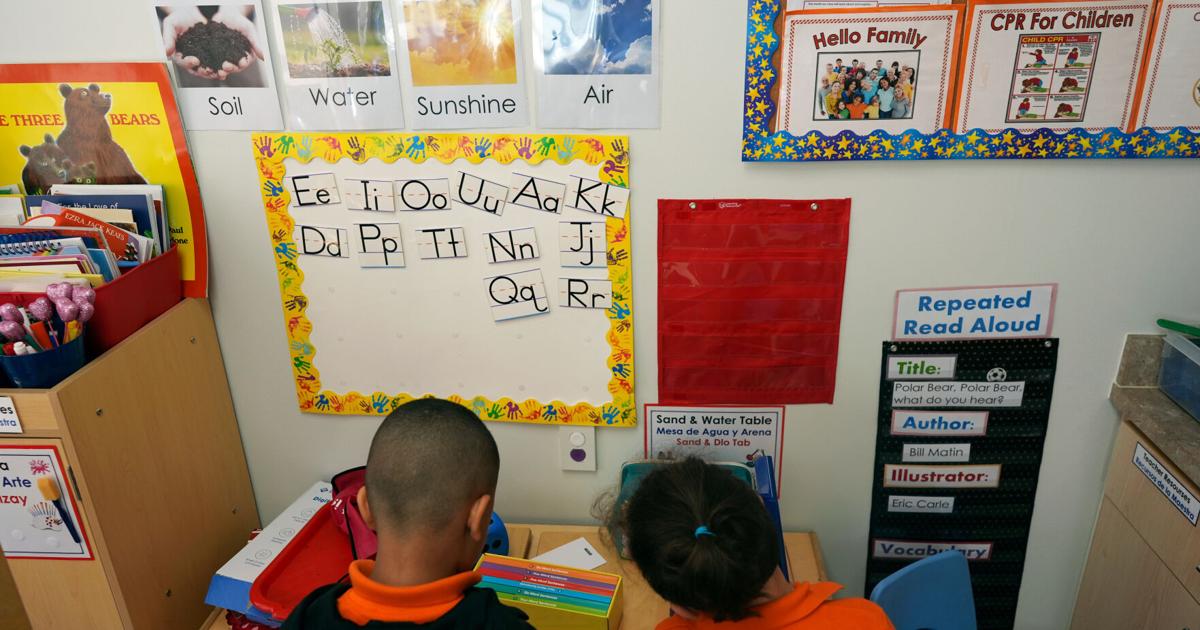Several Head Start preschools close amid ongoing government shutdown
November 3, 2025 | by magnews24.com

As the United States government faces a prolonged shutdown, many essential services, including the widely recognized Head Start program, are experiencing significant disruptions. This situation has created considerable difficulties for working parents, particularly those from low-income backgrounds, who rely on these programs for reliable child care and educational support.
Head Start centers, which are federally funded programs specifically designed to assist preschool-aged children from economically disadvantaged families, have started to close their doors as they begin to miss out on critical federal grant payments slated for distribution on November 1. The current interruption means that dozens of centers either face indefinite closure or are only managing to remain operational through emergency funding provided by local governments and school districts. This precarious situation raises serious questions about the future of early childhood education for some of the nation’s most vulnerable populations.
The implications of these closures extend well beyond mere inconvenience. Many Head Start participants come from households struggling with poverty, homelessness, or the foster care system. For these children, losing access to Head Start means forfeiting not only educational opportunities but also basic necessities. The program is known for providing two nutritious meals daily and essential therapies aimed at fostering educational and social development. The loss of these services can have long-lasting effects on children’s readiness for school and their overall well-being.
Educational experts emphasize the importance of programs like Head Start, particularly for children at risk of falling behind due to socioeconomic challenges. The developments stemming from the government shutdown underscore how vital stable funding is to ensure that low-income families have access to quality early childhood education.
As the nation grapples with the repercussions of this shutdown, it becomes increasingly essential for policymakers to prioritize funding for programs that support the youngest and most vulnerable members of society. Without immediate intervention, the ongoing crisis could exacerbate existing inequalities, hinders children’s development, and impede their trajectory toward lifelong educational success. With many parents left scrambling for alternative child care solutions, community leaders and advocates are calling for swift action to alleviate the impact of this crisis on both families and children.
As discussions around the government shutdown continue, the future of programs like Head Start remains uncertain, highlighting the urgent need for comprehensive policy solutions that ensure educational resources remain accessible to those who need them most.
RELATED POSTS
View all


